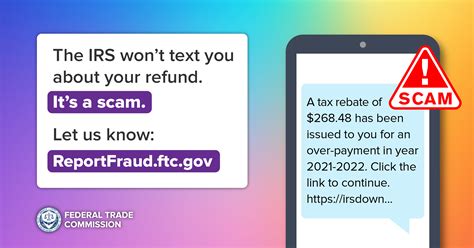Tax season can be stressful, with a plethora of forms to complete and deadlines to meet. One of the most significant benefits of filing your taxes is the potential for a tax rebate. A tax rebate is an amount refunded to taxpayers, typically due to overpayment during the tax year. However, many people find themselves overwhelmed and unsure of how to access their rebates. This is where the essential hotline comes in, providing invaluable support for taxpayers navigating this process.
Understanding Tax Rebates
A tax rebate is essentially a refund from the government, which can arise from various circumstances, including underestimating your taxable income or qualifying for specific tax credits. Understanding how these rebates work can help you maximize your refund and prepare for future tax seasons.
The IRS offers several tax credits that can lead to a rebate, such as the Earned Income Tax Credit (EITC), Child Tax Credit (CTC), and others. Knowing which credits you may qualify for is crucial, and utilizing an essential hotline can provide you with specific information tailored to your circumstances.
Why You Need the Essential Hotline
Many taxpayers feel alone when tackling complex tax regulations and form filling. The essential hotline acts as a lifeline, offering professional guidance to navigate the tax rebate process. Here are some benefits of using a tax hotline:
- Expert Guidance: Tax professionals on the hotline can provide personalized advice based on your unique financial situation.
- Help with Forms: Filling out tax forms can be daunting; the hotline can walk you through it step-by-step.
- Track Your Rebate: If you’ve filed your taxes and want to check the status of your rebate, the hotline can assist in tracking your refund.
- Tax Planning: Get advice on how to better plan your taxes for the next year, ensuring you maximize your rebate potential.
How to Access the Essential Hotline
Accessing the essential tax hotline is straightforward. The IRS provides a dedicated number for taxpayers seeking assistance. Make sure to have your tax documents ready, including your Social Security number, filing status, and any income information. This will help the hotline representatives assist you more efficiently.
Additionally, many third-party tax organizations offer hotlines specializing in tax rebates and credits. Research and find a reputable hotline that meets your needs. Online reviews, testimonials, and word of mouth can provide insights into which services are most beneficial.
What to Expect When You Call
When you call the essential hotline, it’s essential to be prepared for what to expect:
- Initial Questions: You will be asked to provide identifying information to verify your identity.
- Discussion of Your Situation: The representative will ask about your tax filing status and any concerns you may have regarding your rebate.
- Advice and Recommendations: Based on your situation, they will provide guidance tailored to your needs.
- Follow-up Steps: Be sure to ask what steps you should take after the call to ensure you receive your rebate.
Common Issues and Solutions
After contacting the essential hotline, you may face some common issues:
Delayed Refunds
It’s not uncommon to experience delays in receiving your tax refund due to various factors, including filing errors or the need for additional review. The hotline can provide updates on your refund status and facilitate communication with the IRS if required.
Disallowed Credits
Sometimes, your qualifying credits may be disallowed, impacting your expected rebate amount. The hotlines often provide insights into why certain credits were denied and how these issues can be addressed moving forward.
Conclusion
Unlocking your tax rebate is a vital aspect of financial planning and optimization for taxpayers. Utilizing the essential hotline provides you with expert guidance, ensures that you navigate challenges effectively, and helps maximize your potential rebate. Armed with the right knowledge and resources, you’ll be well-prepared to tackle any tax season ahead.
FAQs
1. What is the best time to call the essential hotline?
The best time to call is early in the day or later in the week when call volumes are typically lower. This way, you can expect shorter wait times and more dedicated assistance.
2. Are there any fees associated with calling the hotline?
Most IRS hotlines are free to access. However, third-party services may charge a fee, so be sure to check their pricing structure before using their services.
3. Can the hotline help me with past tax years?
Yes, most hotlines can assist with inquiries related to past tax years, including amending past returns or finding lost rebates.
4. What information do I need before calling the hotline?
Have your Social Security number, tax filing status, and relevant income information handy. Any applicable tax forms or documents will also be beneficial.
5. How long does it take to get a rebate once I file my taxes?
The timeline for receiving your rebate can vary depending on the complexity of your return. Generally, e-filed returns are processed quicker than paper ones, and you can expect rebates within 21 days if there are no issues.
Download Tax Rebate Telephone Number
